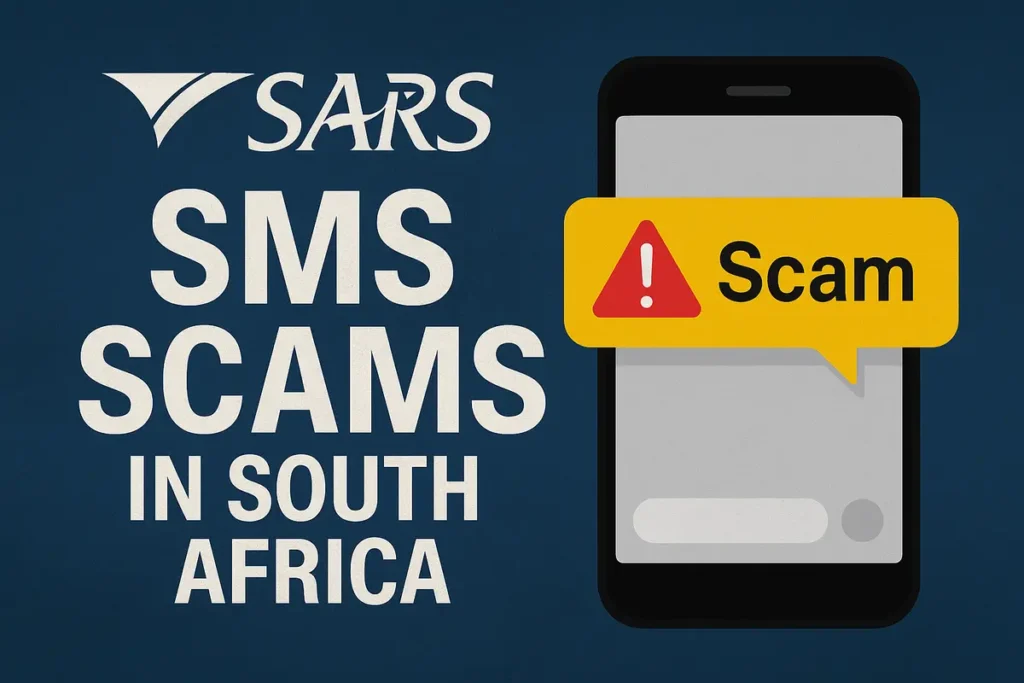As South Africa’s 2025 tax season kicks off, the South African Revenue Service (SARS) is sounding the alarm over a dangerous new scam targeting taxpayers. Fraudsters are using fake SMS messages to trick individuals into giving up personal information under the pretense of a tax refund audit.
This phishing scam arrives just as the public begins preparing for the July–October tax filing window. SARS warns that these fraudulent messages link to deceptive websites designed to steal sensitive personal and financial data.
Fake Audit SMS Scam: What Taxpayers Should Know
The bogus message claims that SARS is auditing a tax refund and urges recipients to click a link to view details. But instead of redirecting users to a SARS platform, the link leads to a malicious phishing site that harvests information like ID numbers, banking details, and login credentials.
SARS stresses it does not send hyperlinks or request sensitive information via email or SMS. “Always verify any communication you receive,” the tax agency urged, warning against opening suspicious links or responding to unknown senders.
The fake audit SMS campaign exploits the heightened attention around tax season. Scammers know that many taxpayers are actively monitoring SARS communications, making them more vulnerable to realistic-looking messages.
2025 Tax Season: Key Filing Dates and Cautions
SARS confirmed that tax season officially runs from July 7 to October 20, 2025 for most individuals. A portion of taxpayers will be auto-assessed based on third-party data. Those who are satisfied with the assessment do not need to take any action.
However, if taxpayers notice missing or incorrect information, they are encouraged to edit and submit their returns through SARS eFiling before the October 20 deadline. Non-provisional taxpayers who are not auto-assessed must manually file their returns from July 21 to October 20.
Despite the user-friendly filing system, SARS warns that scammers are actively taking advantage of the digital environment to mimic official channels.
How to Stay Safe From Tax Scams
SARS reiterated several important safety tips:
- Never click on links in unexpected or suspicious messages.
- Don’t share personal, tax, or banking details via SMS or email.
- SARS will never request credit card information or send attachments ending in *.htm or *.html.
- All official SARS engagement will be verified and will not involve redirection to banking websites.
The tax authority also reminded taxpayers that during phone verification calls, they may confirm personal details for authentication—but they will not ask for private login information or banking credentials.
SARS continues to encourage the public to remain vigilant and report suspicious messages to prevent data theft during this critical tax season.






